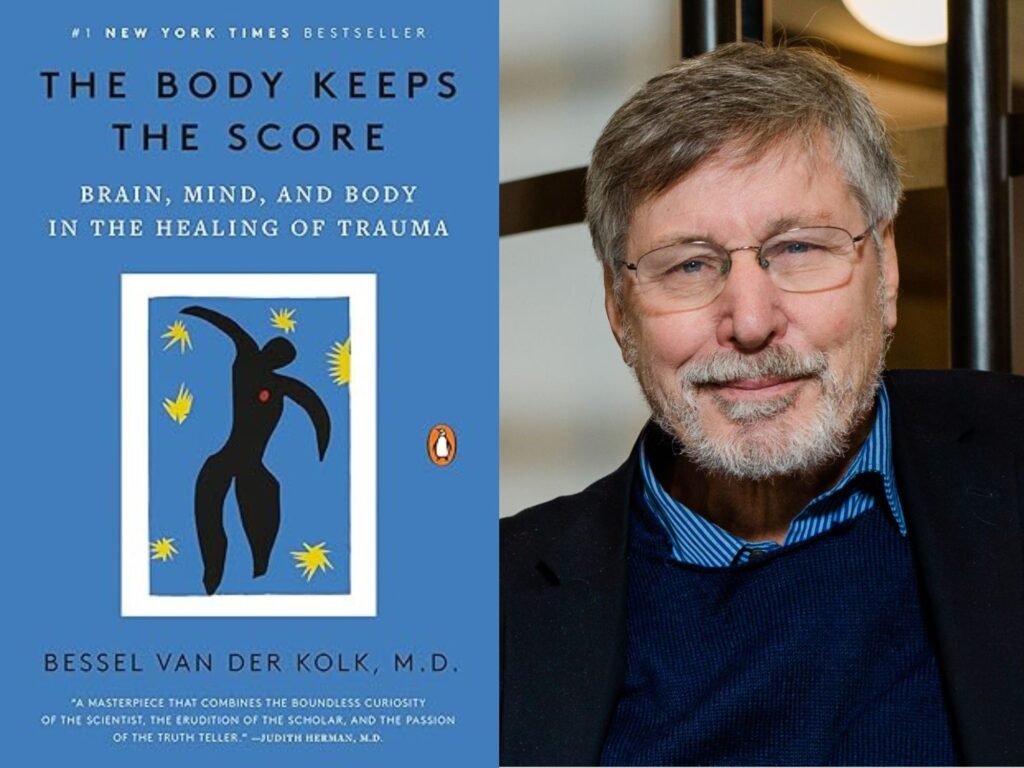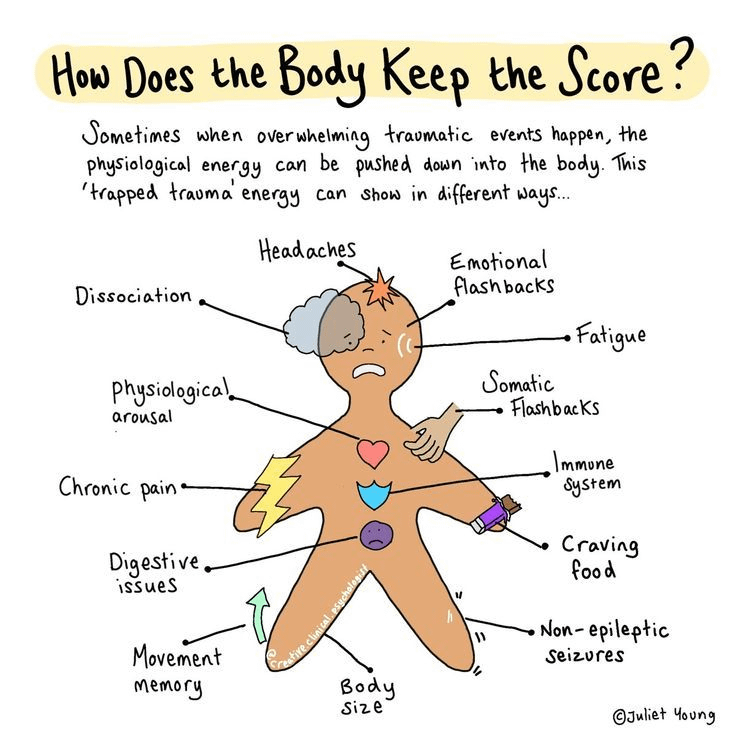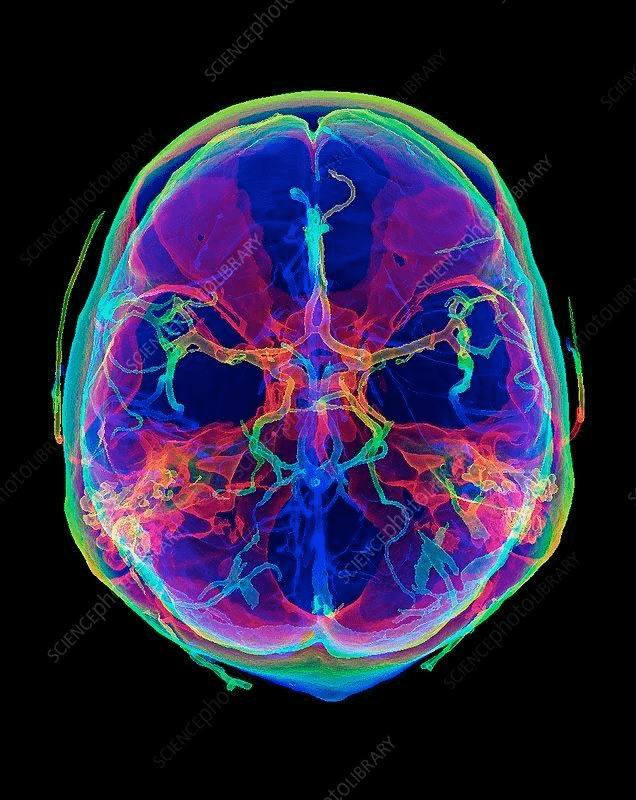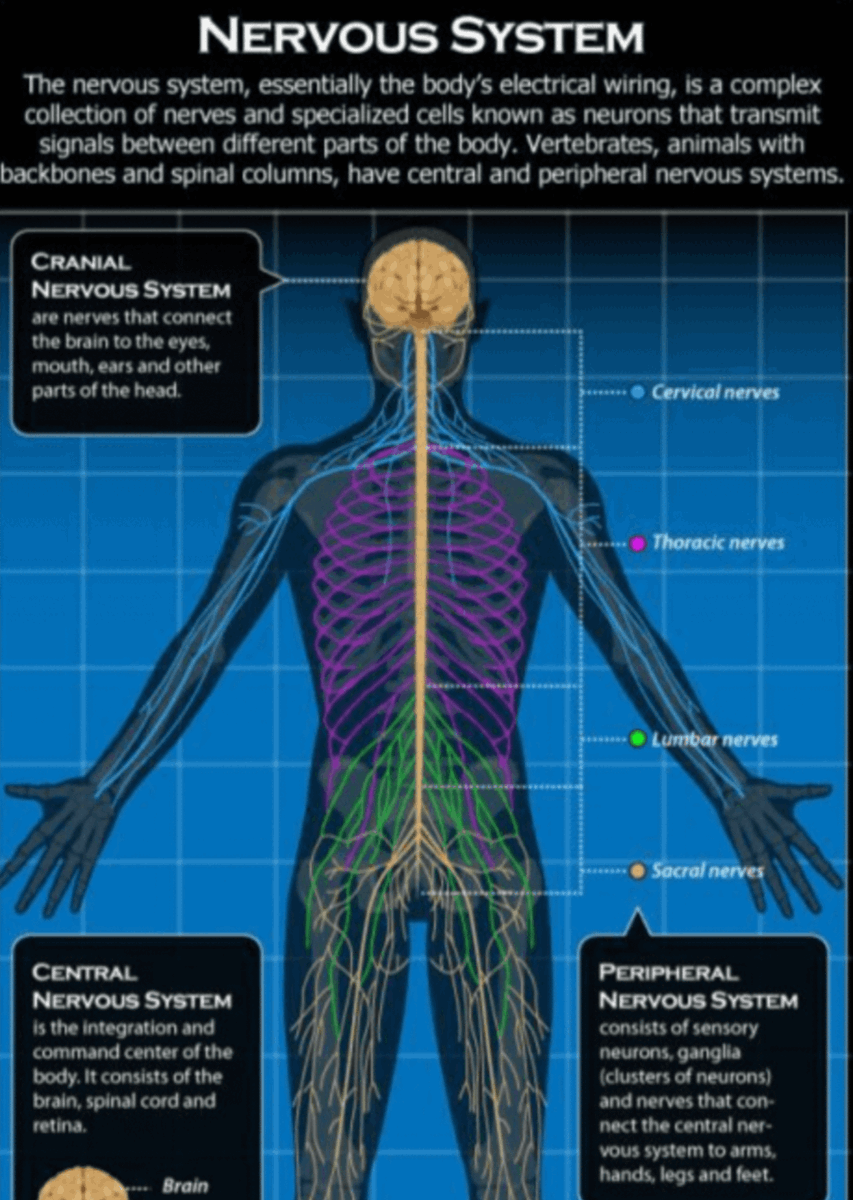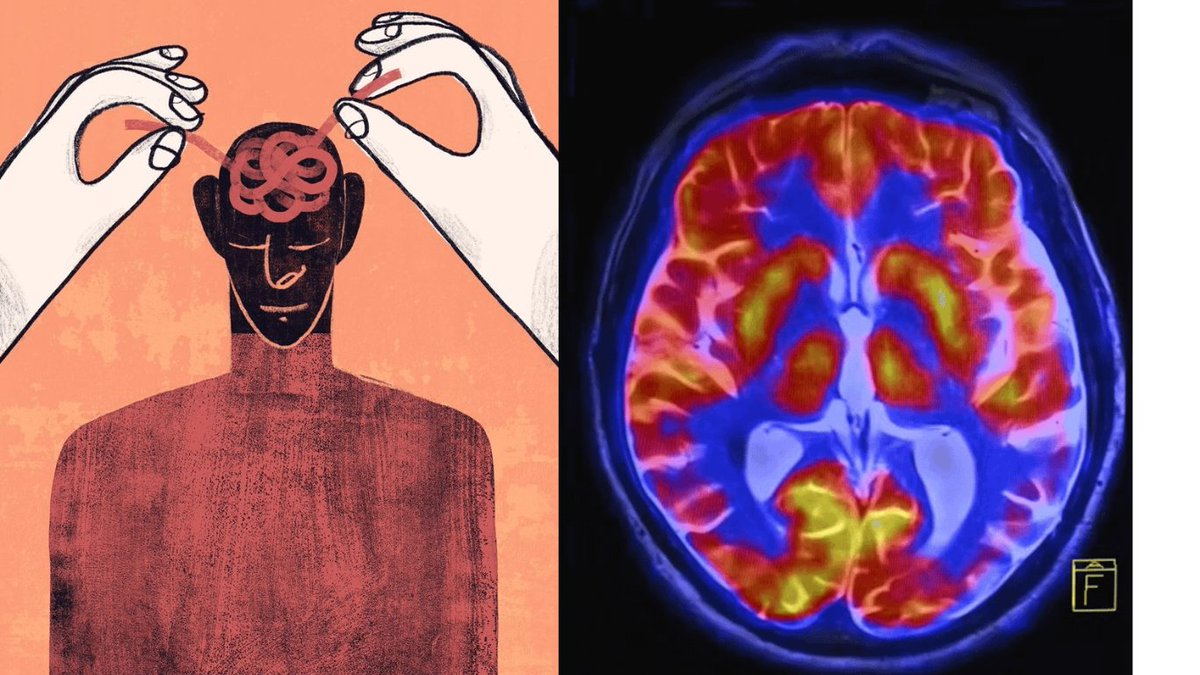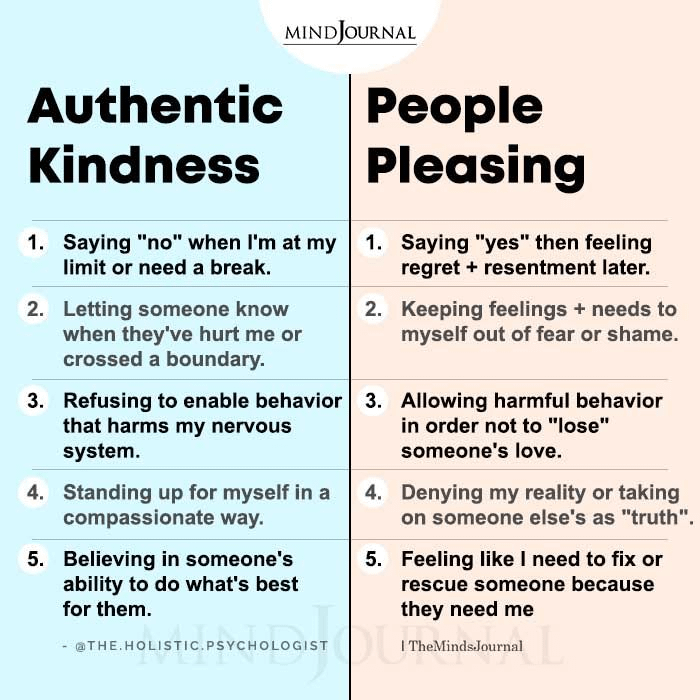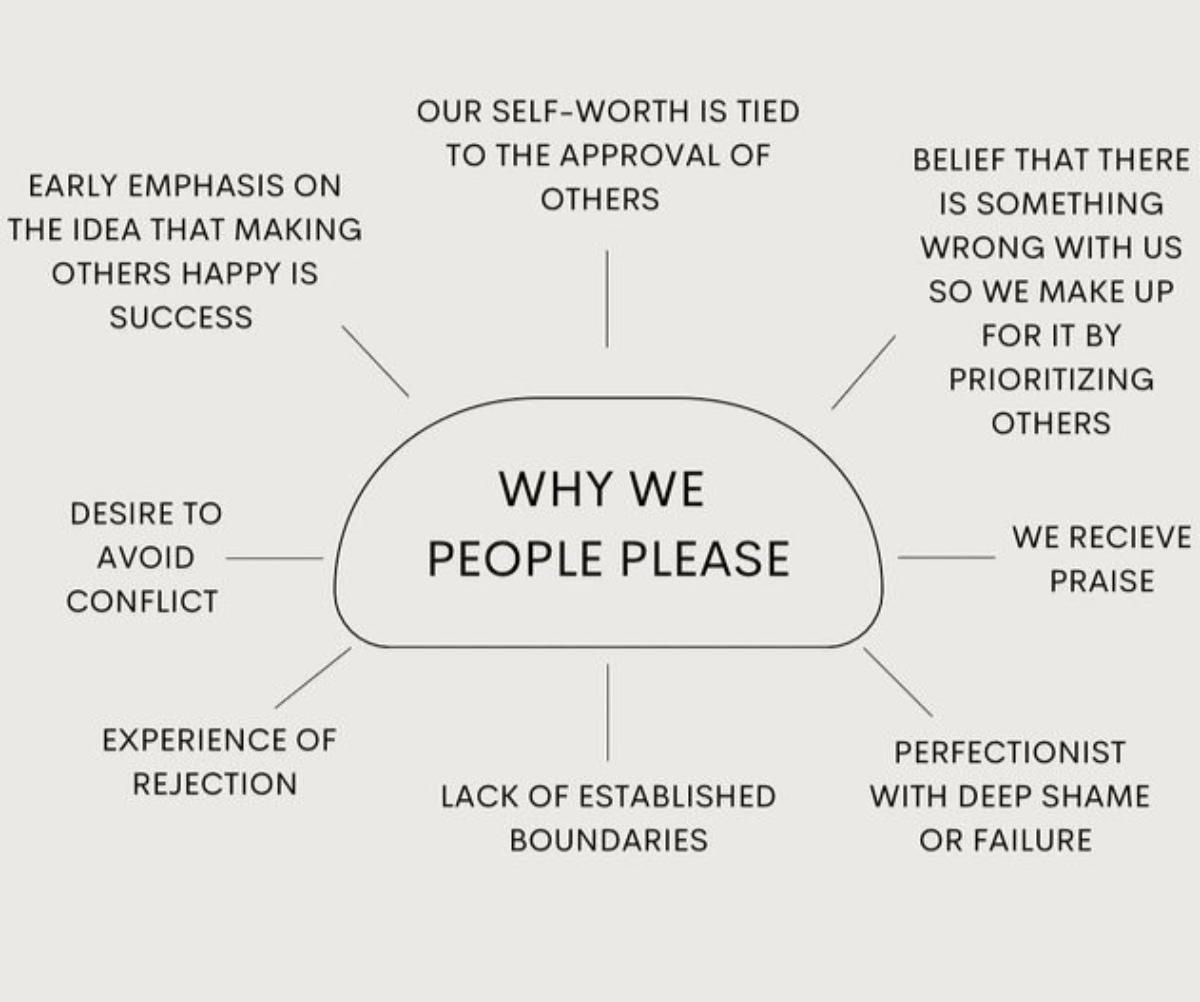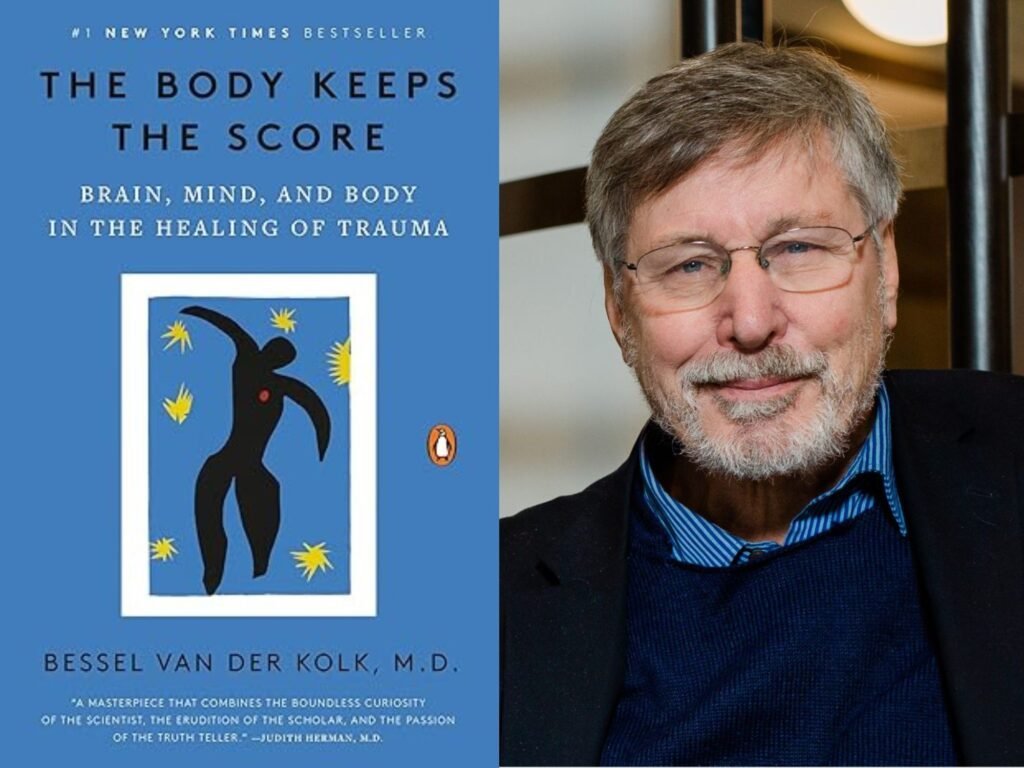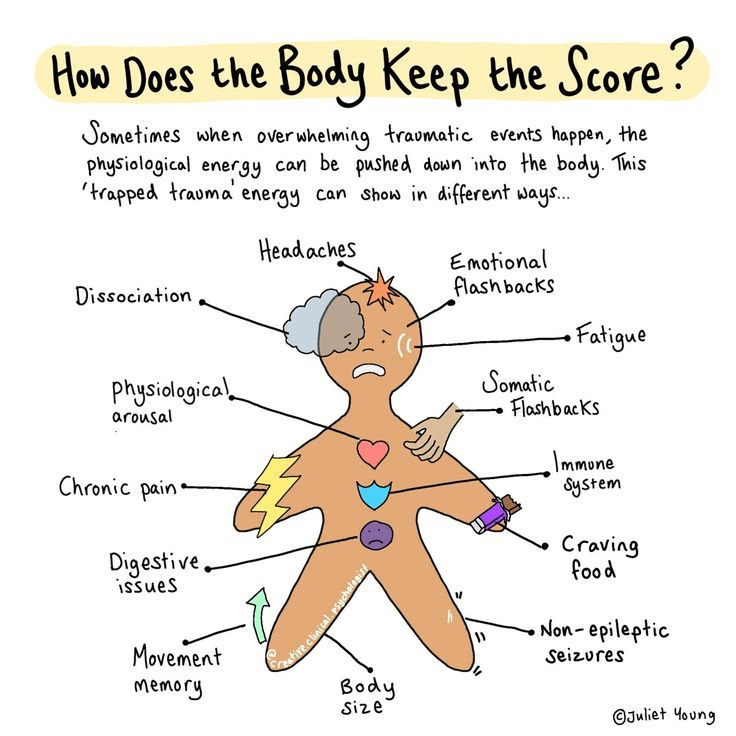You don’t just remember trauma.
You relive it—every single day.
In your posture.
Your reactivity.
Your inability to relax.
Here’s what The Body Keeps the Score reveals—and how to finally heal it (by a PhD psychologist):🧵
You relive it—every single day.
In your posture.
Your reactivity.
Your inability to relax.
Here’s what The Body Keeps the Score reveals—and how to finally heal it (by a PhD psychologist):🧵
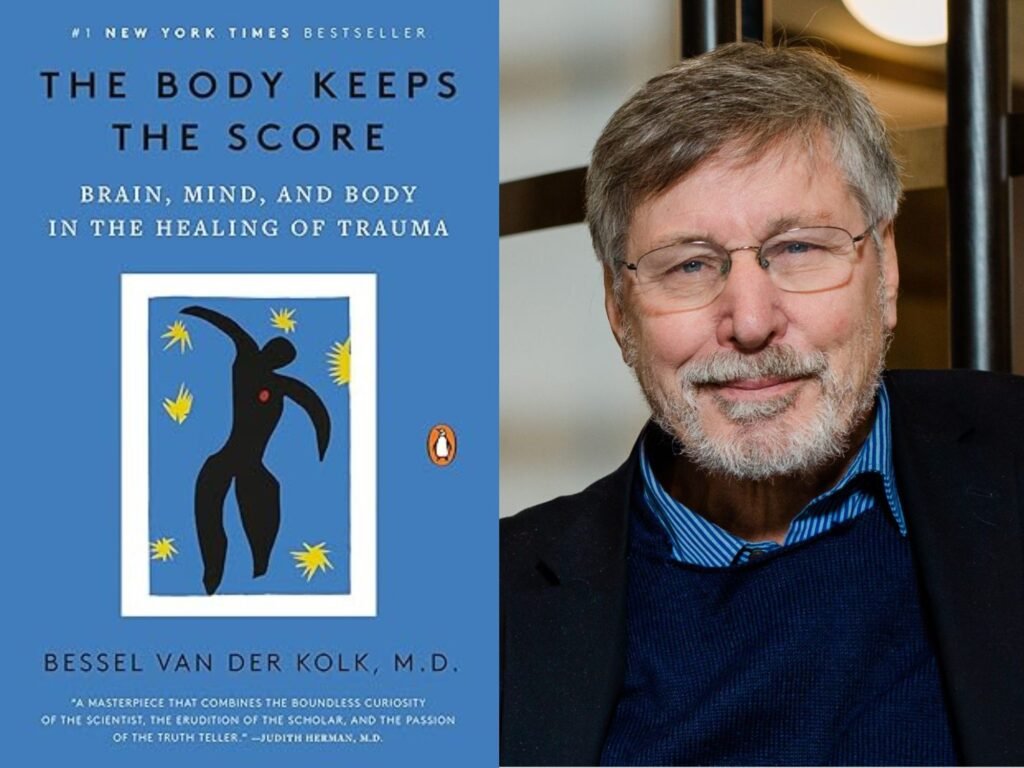
Trauma isn’t what happened to you.
It’s what happens inside you when you don’t feel safe.
It’s the nervous system stuck on high alert.
It’s your body bracing for danger that’s no longer there.
"Trauma comes back as a reaction, not a memory." ~Bessel Van Der Kolk
It’s what happens inside you when you don’t feel safe.
It’s the nervous system stuck on high alert.
It’s your body bracing for danger that’s no longer there.
"Trauma comes back as a reaction, not a memory." ~Bessel Van Der Kolk
Traditional psychology got a lot wrong.
They taught us to talk about trauma.
To analyze it.
But trauma doesn’t live in your logic.
It lives in your nervous system:
They taught us to talk about trauma.
To analyze it.
But trauma doesn’t live in your logic.
It lives in your nervous system:
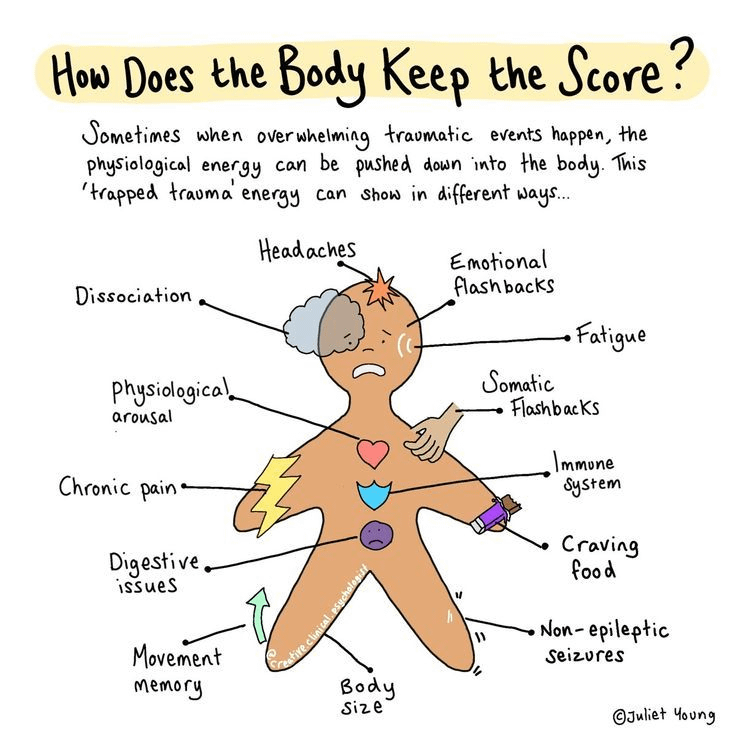
The most shocking truth in The Body Keeps the Score?
You can’t heal trauma just by talking about it.
You have to feel your way out of it.
That's how you rewire the nervous system.
And that requires a different kind of medicine:
One rooted in the body, safety, and attention.
You can’t heal trauma just by talking about it.
You have to feel your way out of it.
That's how you rewire the nervous system.
And that requires a different kind of medicine:
One rooted in the body, safety, and attention.
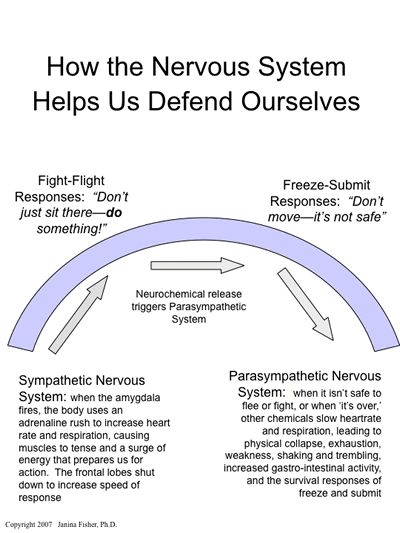
Here’s what the science shows:
• Trauma rewires your brain’s threat systems
• The amygdala stays in fight/flight
• The prefrontal cortex (reason) goes offline
• The body gets stuck in a loop of tension, fear, and shutdown
And talk therapy alone can’t reach that loop.
• Trauma rewires your brain’s threat systems
• The amygdala stays in fight/flight
• The prefrontal cortex (reason) goes offline
• The body gets stuck in a loop of tension, fear, and shutdown
And talk therapy alone can’t reach that loop.
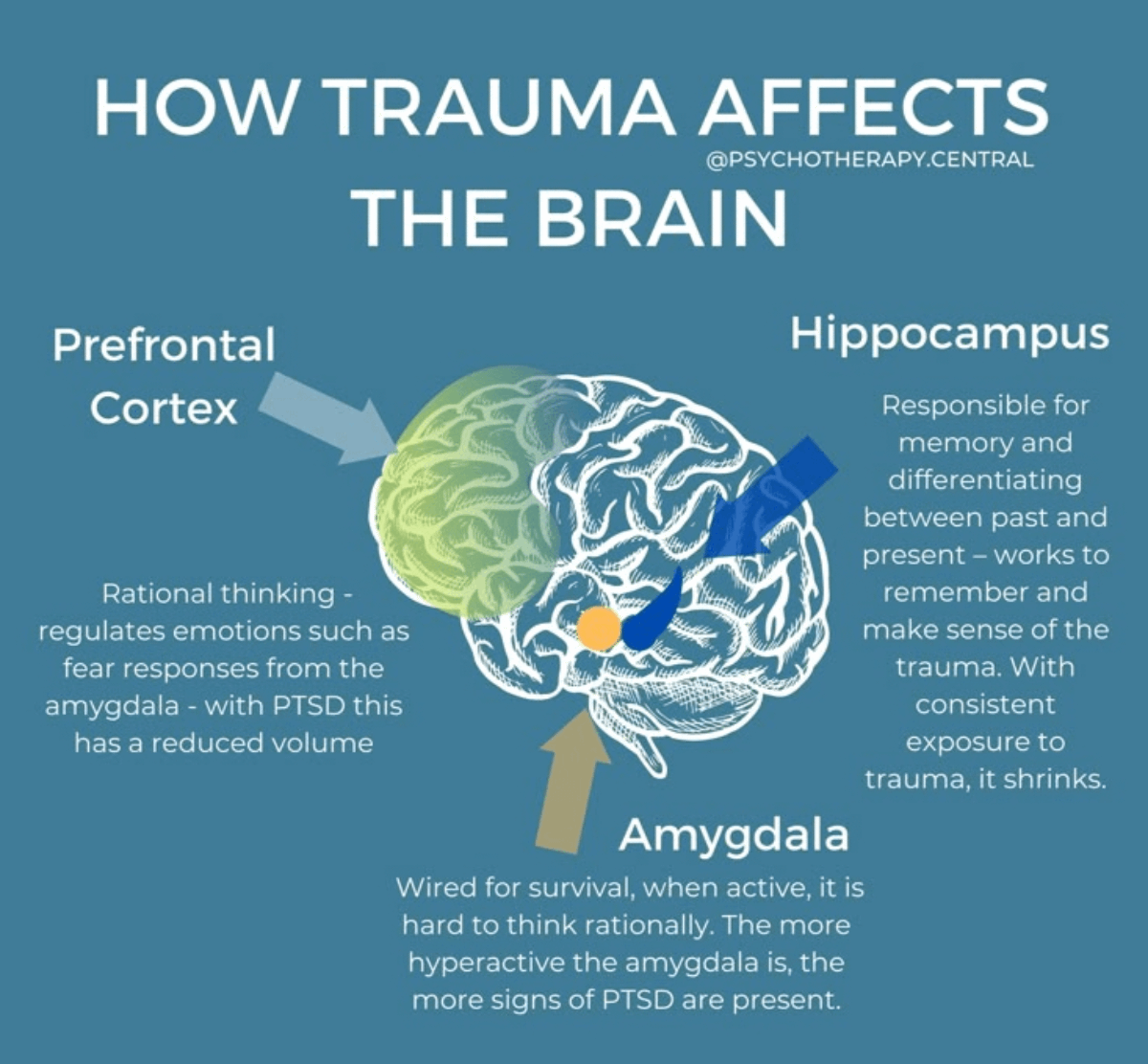
That’s why trauma survivors often struggle with:
• Random panic attacks
• Emotional numbness
• Chronic pain or fatigue
• Digestive issues
• Feeling “stuck” or dissociated from life
Not because they’re broken—
But because their body still thinks they’re in danger.
• Random panic attacks
• Emotional numbness
• Chronic pain or fatigue
• Digestive issues
• Feeling “stuck” or dissociated from life
Not because they’re broken—
But because their body still thinks they’re in danger.
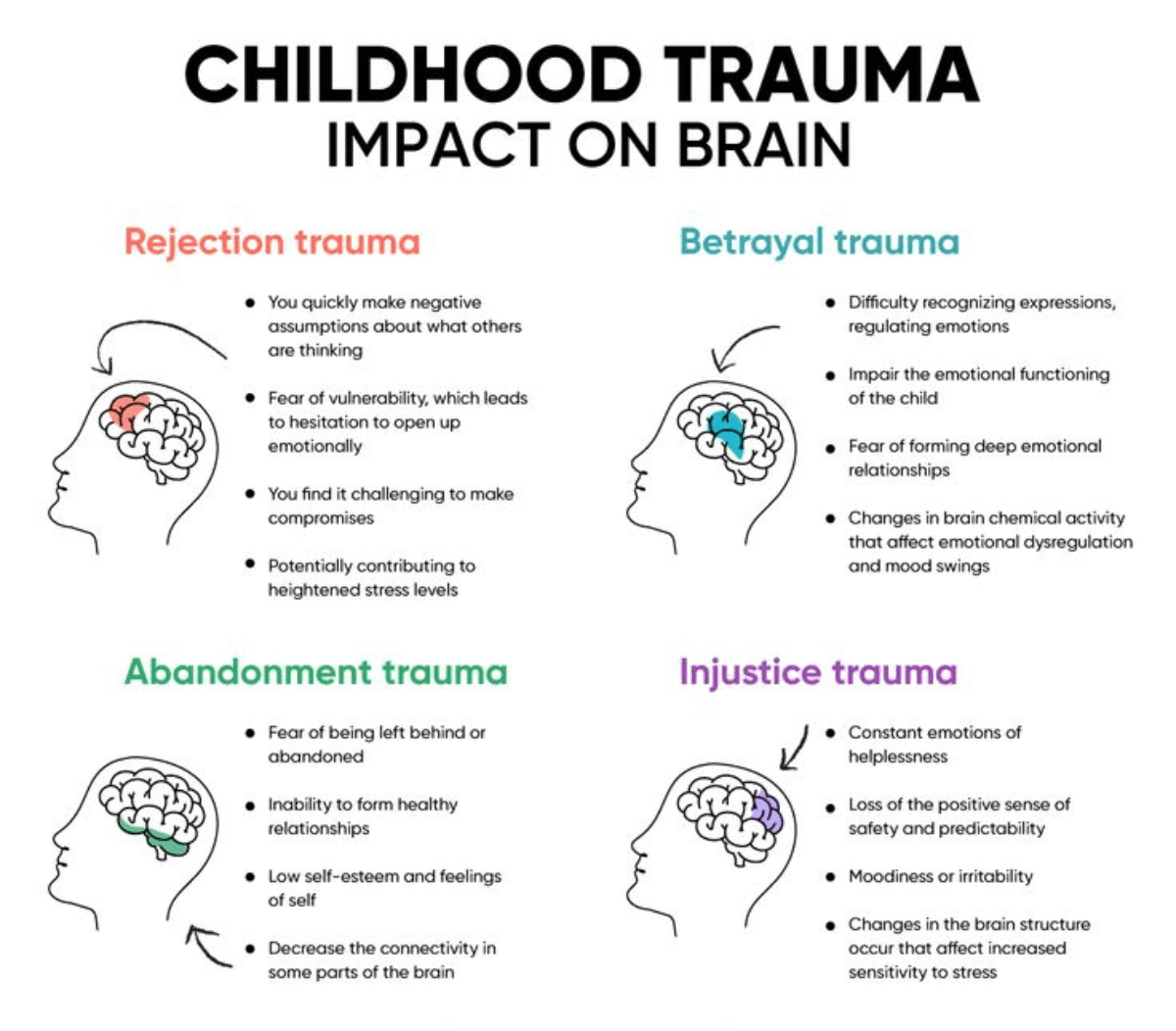
So how do we heal?
We stop intellectualizing. We start regulating.
The new science of trauma healing is body-based.
• Body awareness
• Breathwork
• Polyvagal exercises
• Safe emotional release
• Inner child connection
• Nervous system repatterning
We stop intellectualizing. We start regulating.
The new science of trauma healing is body-based.
• Body awareness
• Breathwork
• Polyvagal exercises
• Safe emotional release
• Inner child connection
• Nervous system repatterning
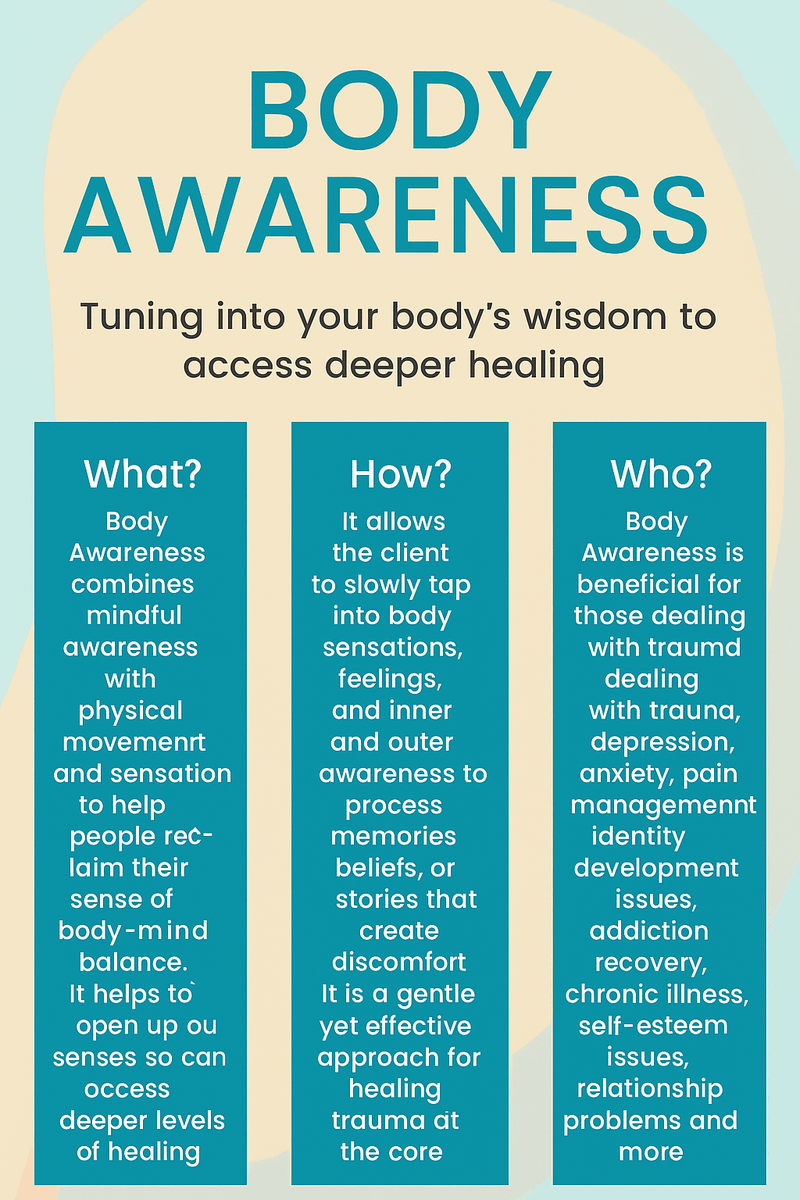
I used to think I could outthink my trauma.
Journal it away.
Pray it away.
Affirm it into oblivion.
But healing came when I stopped running from the sensations—And started meeting them with safety, breath, and presence.
Journal it away.
Pray it away.
Affirm it into oblivion.
But healing came when I stopped running from the sensations—And started meeting them with safety, breath, and presence.
I've spent 25+ years studying trauma—both as a psychologist and through my own journey with addiction, loss, and toxic relationships.
What I discovered changed everything:
Subconscious rewiring is the key to changing these patterns.
What I discovered changed everything:
Subconscious rewiring is the key to changing these patterns.
👉Thanks for reading.
👉If you enjoyed this, please follow me and repost the first post (below).
👉Reply with your thoughts on body-focused healing.
👉If you enjoyed this, please follow me and repost the first post (below).
👉Reply with your thoughts on body-focused healing.
https://x.com/drbobbeare/status/1925174906620170746
• • •
Missing some Tweet in this thread? You can try to
force a refresh


